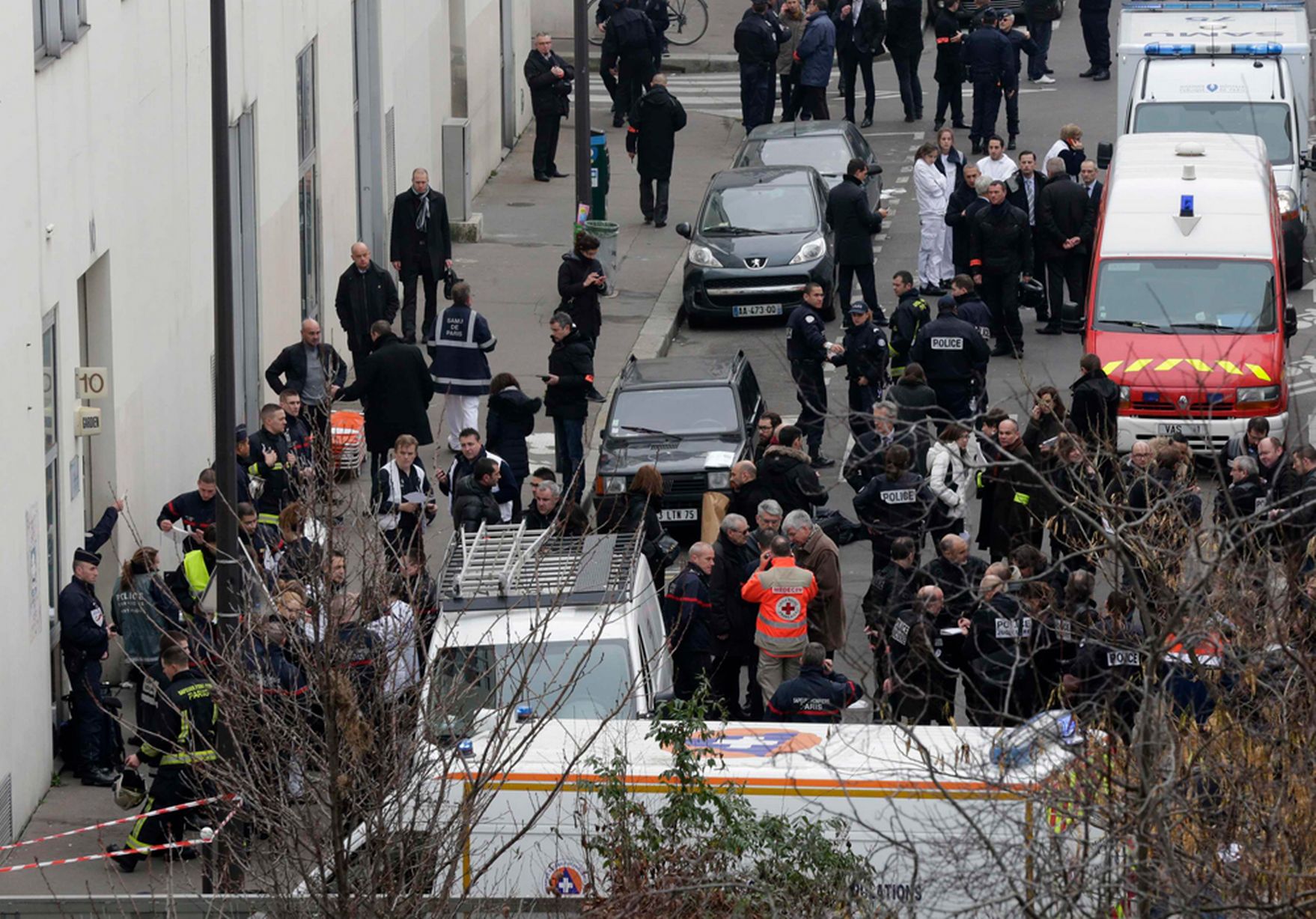A Decade Since the Murder of Alberto Nisman
A decade after Alberto Nisman’s assassination, Argentina is turning in a righteous direction
It has now been 10 years since the assassination of Alberto Nisman, Argentina’s heroic Jewish prosecutor, who was mysteriously killed the night before he was to publicize his findings identifying Iranian agents as the bombers of the Buenos Aires Jewish Community Center.
The story in brief:
On July 18, 1994, Iranian-backed Hezbollah agents bombed the AMIA (Asociación Mutual Israelita Argentina) Jewish Community Center in Buenos Aires, murdering 85 Argentinian citizens, mostly Jews.
A decade later, in 2004, the Argentinian government appointed Alberto Nisman (a Jew) to lead the “ongoing” investigation into the bombing. After two years of work, during which his own investigation was frustrated by official mismanagement and governmental corruption, Nisman released his 674-page report concluding that Iran and Hezbollah had carried out the attack.
More importantly, however, he discovered ample evidence that, in 2013, the socialist government of Cristina Fernández de Kirchner had colluded with the Iranian terrorist state to instigate a cover-up, all in return for an oil deal.
In 2009, APT president Charles Jacobs interviewed Nisman for Boston’s Jewish Advocate and was given an English copy of the 2006 report and permission to publish it. The account of Nisman’s work was published in Spanish (Matar sin que se nota) by the prominent Israeli-Argentinian author Gustavo Perednik. His book later appeared in English as To Kill without a Trace: A Prelude to 9/11 with a blurb by Jacobs on the back cover.
By 2015, a hearing had been scheduled at which Nisman was to testify, detailing his evidence indicting de Kirchner and her then-foreign minister Héctor Timmerman for covering up Iran’s guilt.
On January 18, 2015, Nisman was found murdered in his Buenos Aires apartment, the day before he was scheduled to testify at the hearing. The killer was never found, but little mystery surrounds his motives or connections.
More than 30 years after the bombing, however, Alberto’s legacy is being honored. Argentina’s new Zionist president Javier Milei — who defeated de Kirchner’s leftist party in the 2023 elections — paid true and welcome respect to the bombing’s victims at a remembrance ceremony this past summer and vowed to stand tall to protect Jews.
President Milei attended a commemoration ceremony for Nisman, and the Argenian Public Prosecutor’s Office has released its own investigative report officially declaring that Nisman was murdered and that “his death was motivated by his work in the AMIA Special Investigation Unit and, specifically, by his actions related to the [de Kirchner government’s 2013] Memorandum of Understanding with the Islamic Republic of Iran.”
Milei has also designated Hezbollah as a terrorist organization, demanded that the government pay special attention to defending Jews, and recommended that the bombing’s architects be tried in absentia.
As of now, though a date is pending, de Kirchner — who angrily exited Milei’s inauguration ceremony while making a vulgar gesture at him — is set to stand trial for the crimes alleged against her.
Perhaps, with the end of the de Kirchner era in Argentina, the Biden-Obama era in the U.S., and the Trudeau era in Canada, a brighter, more just future is on the horizon for Jews in our hemisphere.
Only time, and the strength of our voices, will tell.
